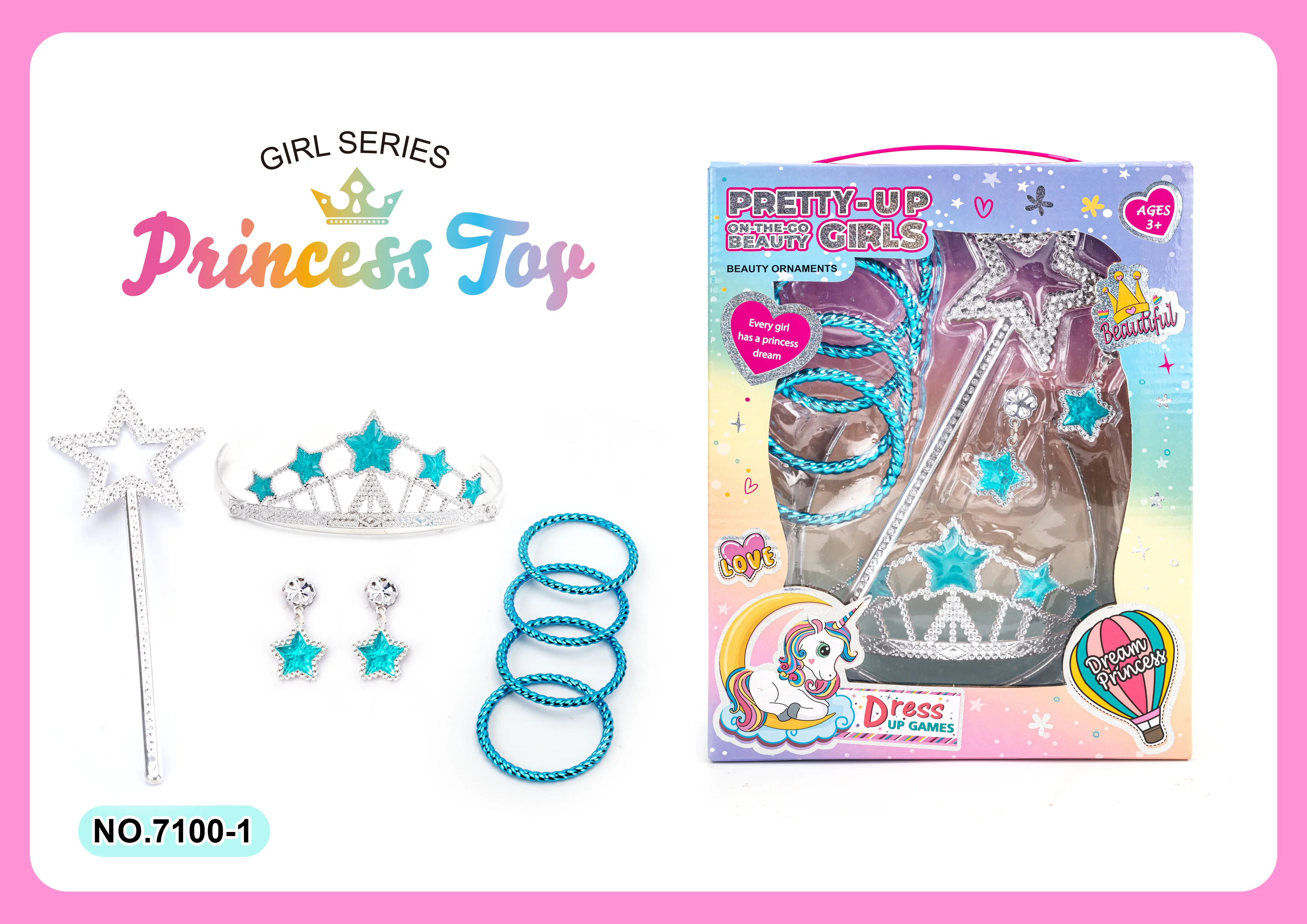The Power of Branding: Unveiling the Significance of Branding in FMCG Products

In the fast-moving consumer goods (FMCG) industry, branding plays a pivotal role in shaping consumer perceptions, driving purchasing decisions, and fostering brand loyalty. The importance of branding in FMCG products cannot be overstated, as it serves as a powerful tool for companies to differentiate themselves in a highly competitive market landscape.
- Establishing Trust and Credibility:
Effective branding in FMCG products helps build trust and credibility with consumers. A strong brand identity conveys reliability, quality, and consistency, which are essential factors that influence consumer behavior. When consumers trust a brand, they are more likely to choose it over competitors, even if the price is slightly higher. - Creating Emotional Connections:
Branding goes beyond just a logo or a product name; it is about creating emotional connections with consumers. FMCG products that evoke positive emotions, resonate with values, or tell a compelling story are more likely to leave a lasting impression on consumers. Emotional branding can lead to increased brand loyalty and advocacy, as consumers feel a personal connection to the brand. - Differentiation and Competitive Advantage:
In a crowded marketplace where numerous FMCG products vie for consumer attention, branding serves as a key differentiator. A well-defined brand strategy helps companies stand out from the competition by highlighting unique selling points, communicating brand values, and creating a memorable brand experience. Strong branding gives companies a competitive edge and helps them maintain market share in the long run. - Driving Sales and Revenue Growth:
Effective branding has a direct impact on sales and revenue growth for FMCG products. A recognizable brand with a positive reputation can command premium pricing, drive repeat purchases, and attract new customers. Brand loyalty cultivated through branding efforts leads to higher customer retention rates and increased customer lifetime value, ultimately contributing to the bottom line. - Adaptability and Innovation:
Branding in FMCG products also allows companies to adapt to changing consumer preferences and market trends. A strong brand can evolve and innovate while maintaining its core identity, enabling companies to introduce new products, expand into new markets, and stay relevant in a dynamic industry landscape. Branding provides a framework for companies to experiment, iterate, and grow while staying true to their brand essence.
In conclusion, branding is a strategic imperative for FMCG products, serving as a powerful tool for building trust, creating emotional connections, differentiating from competitors, driving sales, and fostering innovation. Companies that invest in developing a strong brand identity and executing a cohesive brand strategy are better positioned to succeed in the competitive FMCG market.






